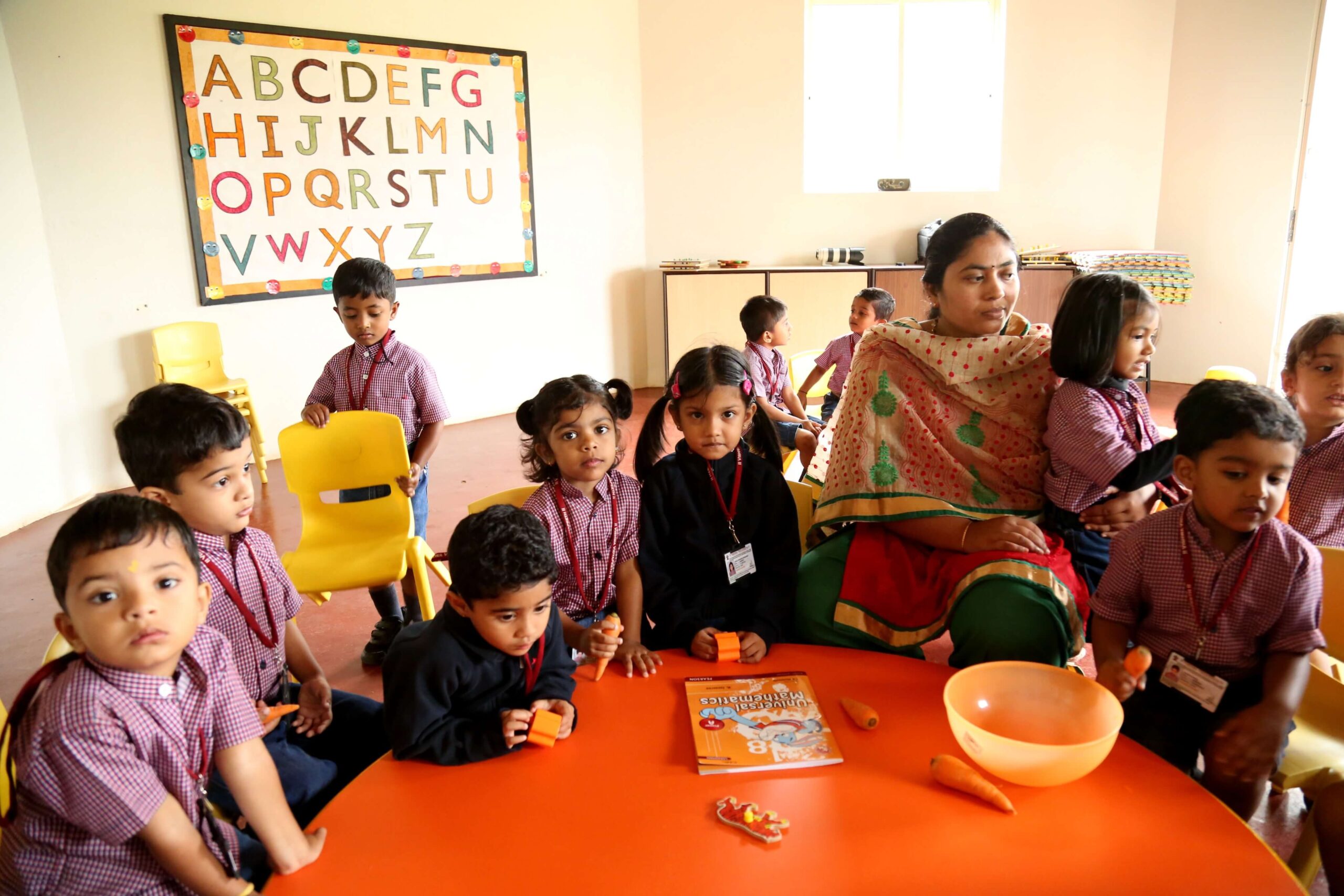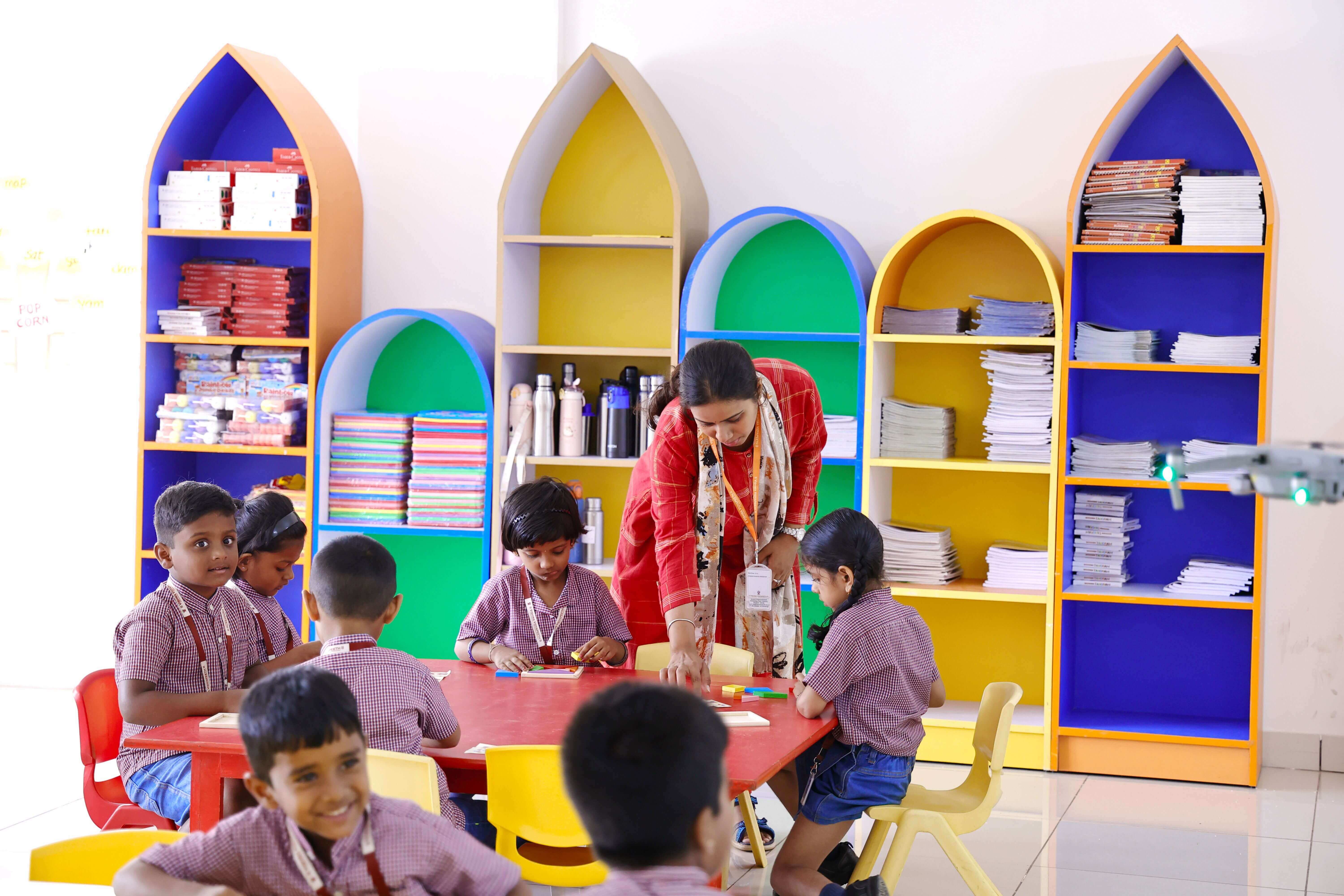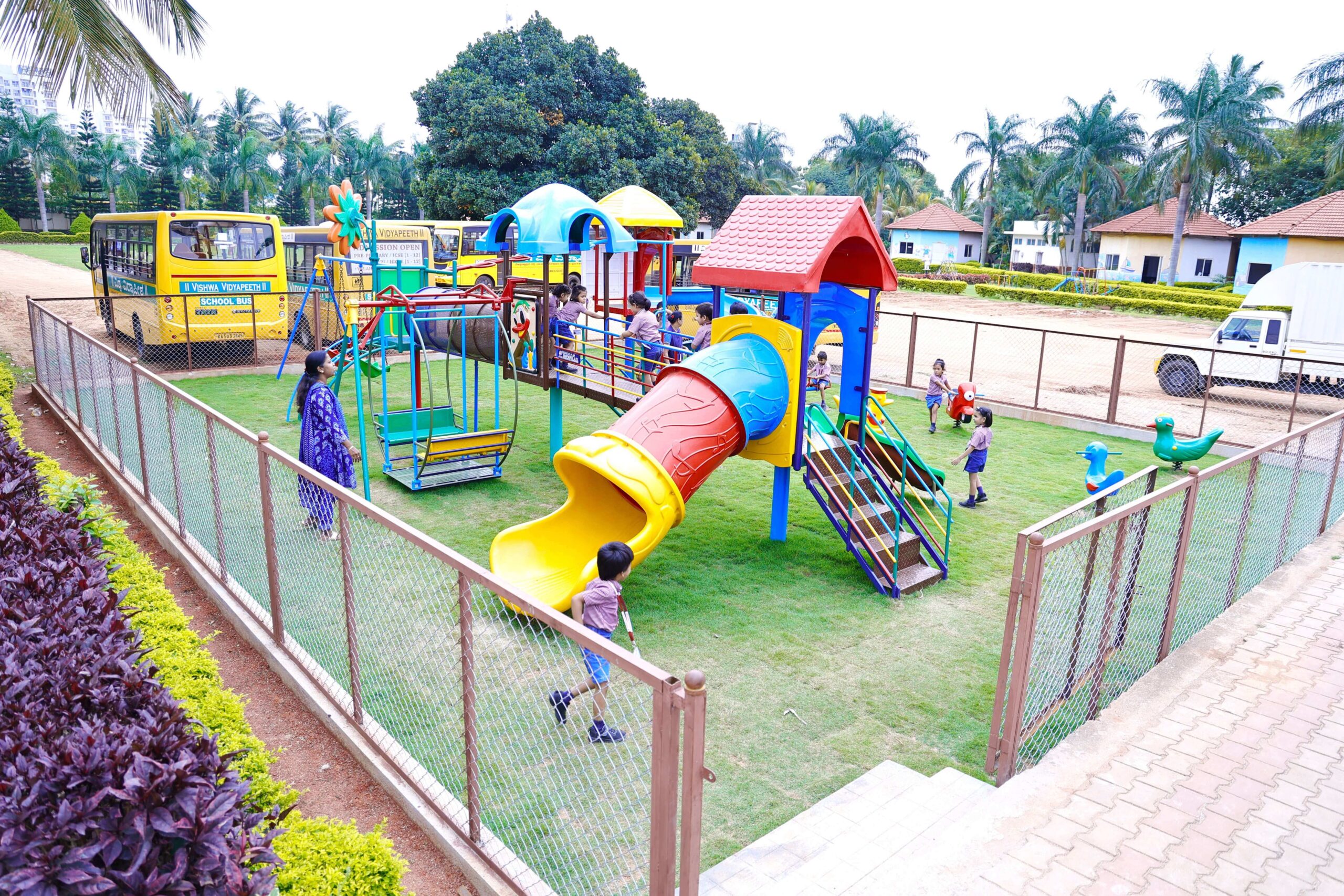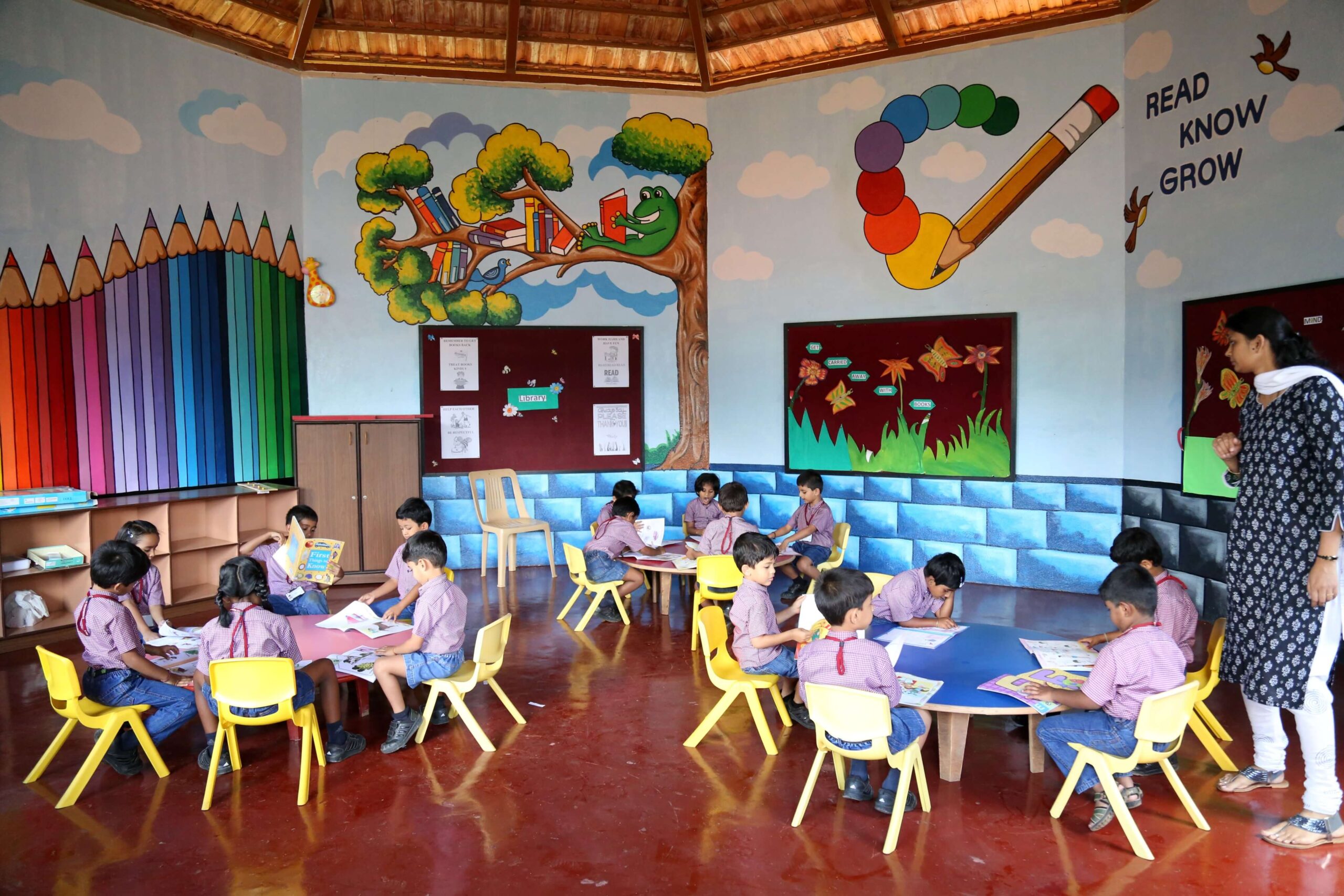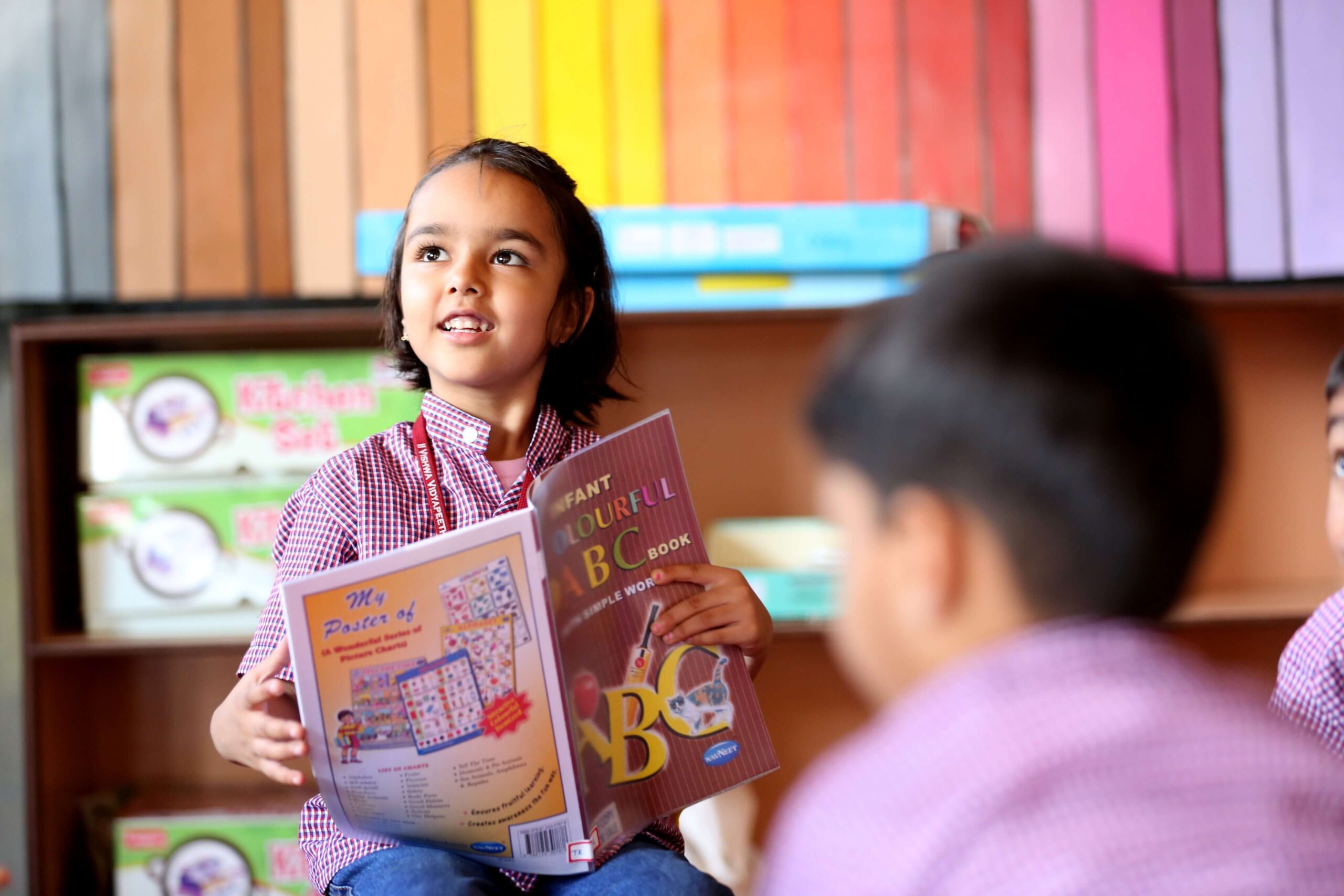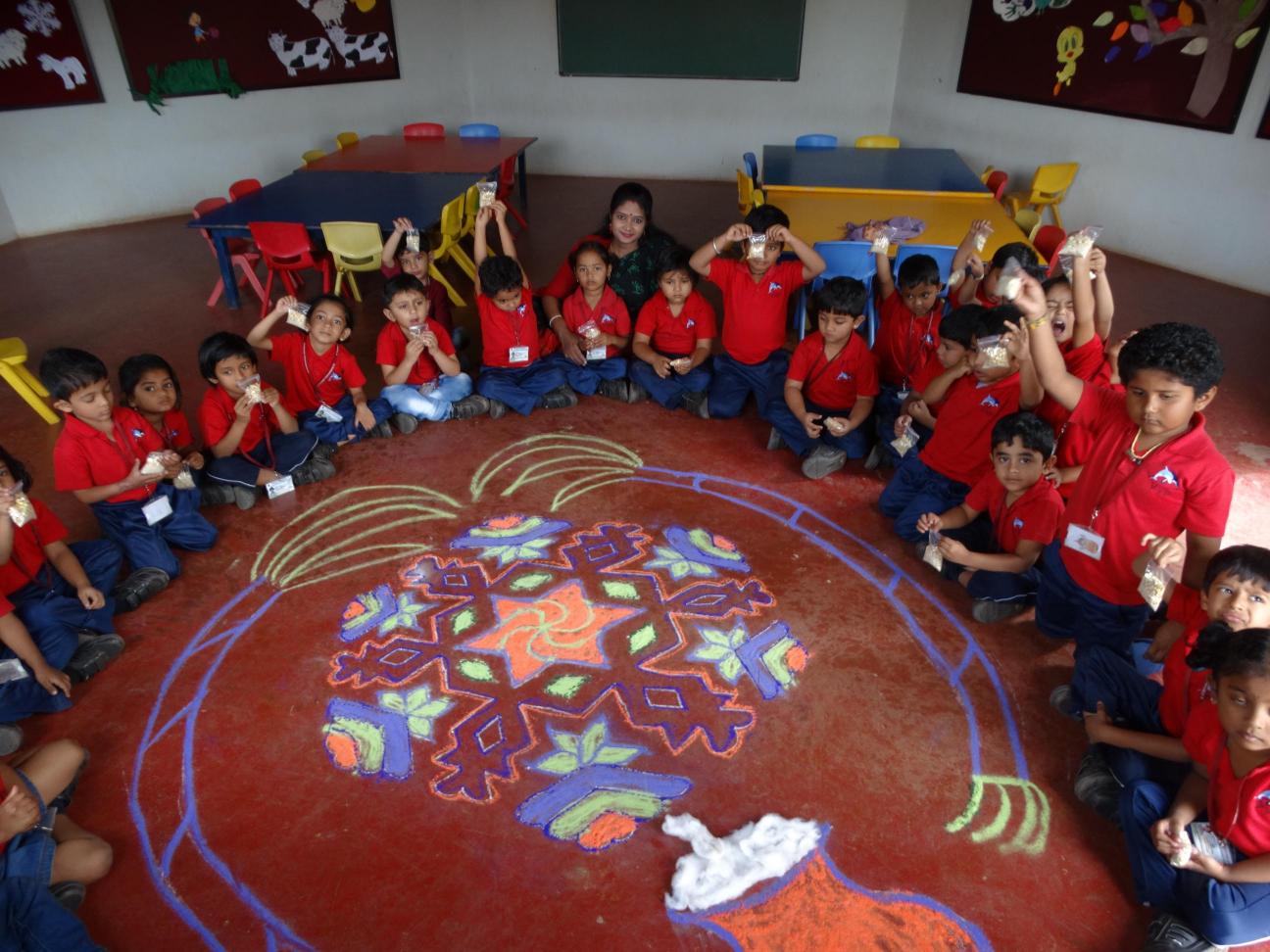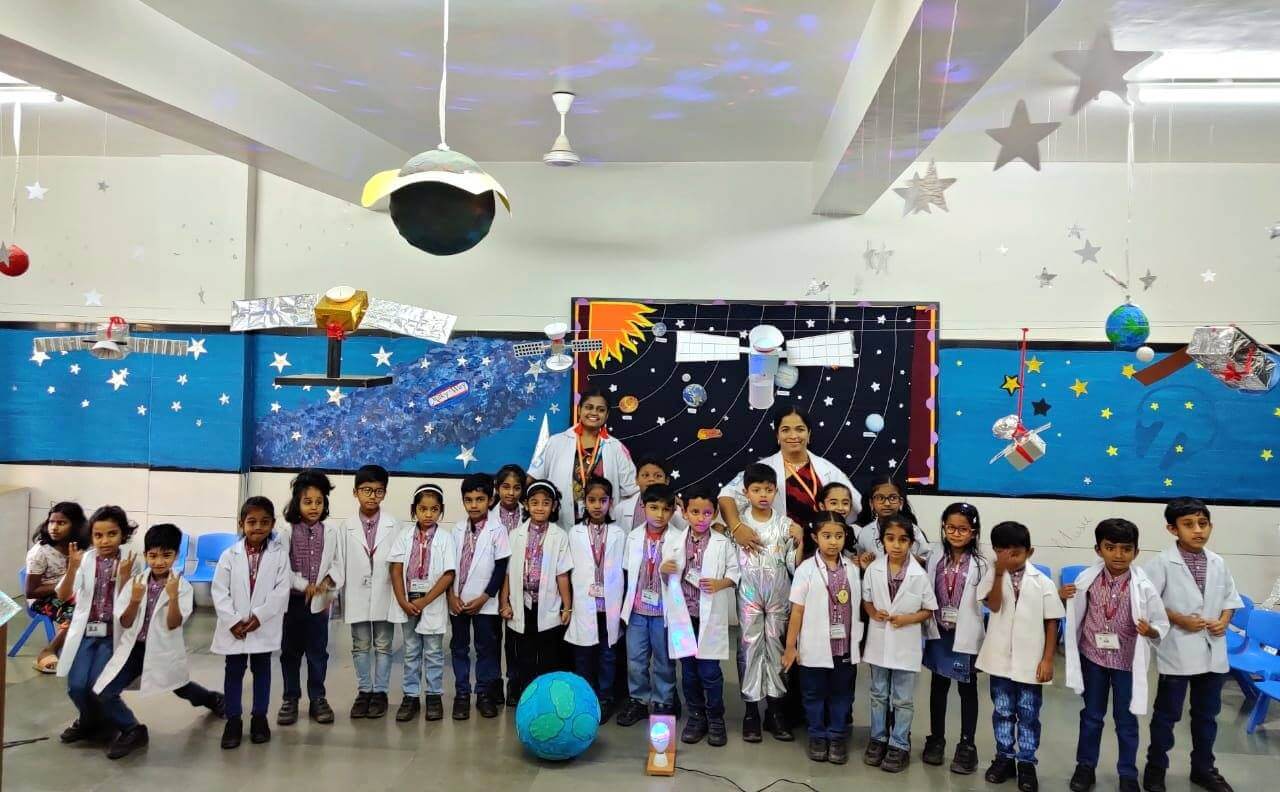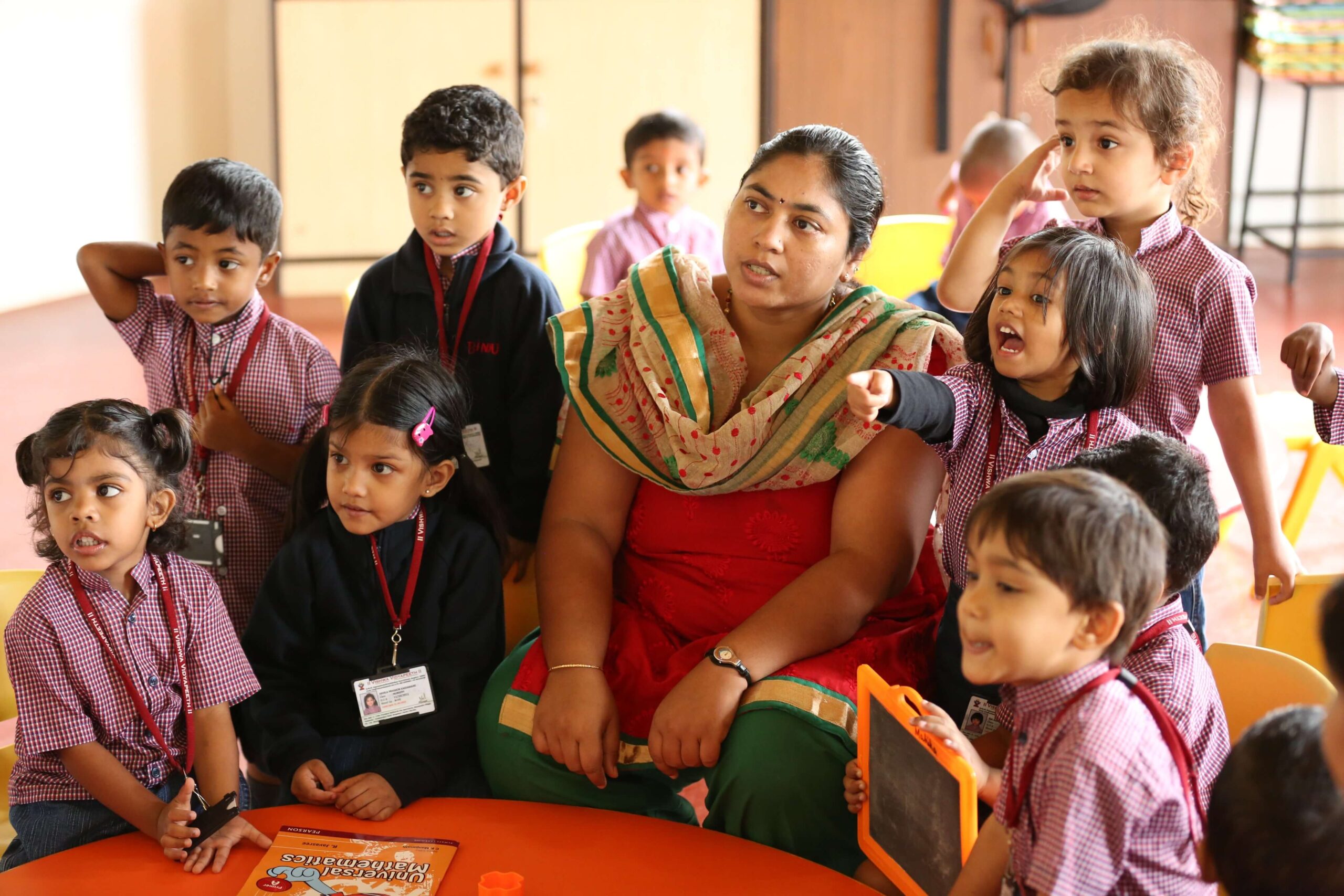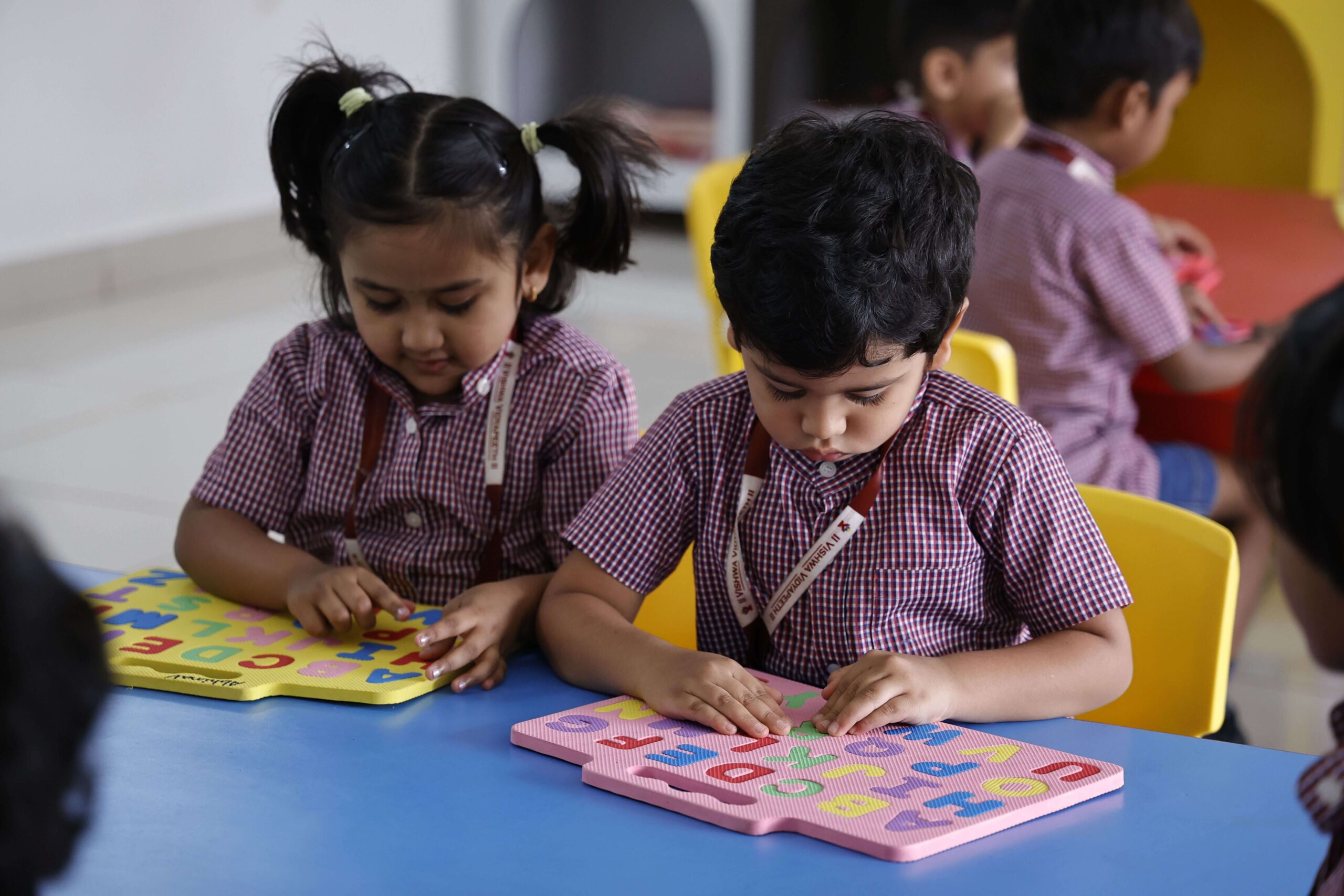
It's Uour Child's First Official Year Of School!
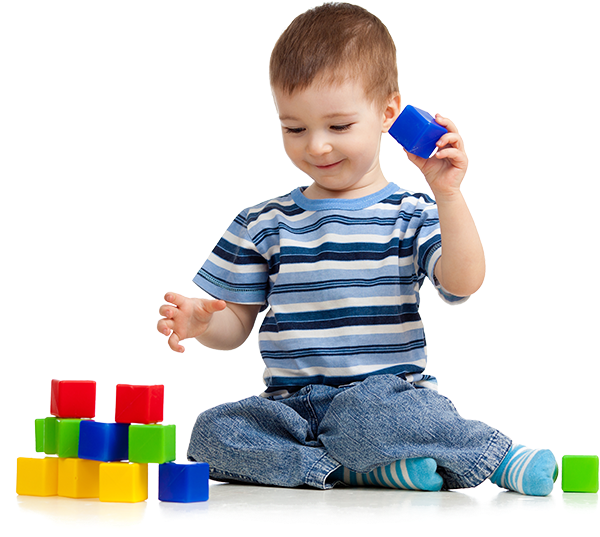

Message From Our Director
While educationists speak about holistic development in children, we make it a point to follow it stringently in our campus. Right from the point the child enters the school – their prayers, food, curriculum, toilet training, play time and all activities are inculcated in a way to lay stress on moral values. We do not restrict ourselves to imparting education but include wholesome development of our students. We strive to create a safe environment where our children can have fun and at the same time challenge themselves academically. By engaging thoroughly in academics, arts and athletics, our children are learning their important role in the life of our school and our small class strength also enables the students and teachers to interact better.
- Ms Suseela Santhosh
Vision
– Swami Vivekananda
We, at Vishwa Vidyapeeth believe that every child has the potential to reach this ‘perfection’ provided he/she has the right motivation and the right guidance. It is our aim to provide holistic stimulus to each child to maximize every aspect of his or her potential- be it intellectual, physical, emotional, social, ethical, artistic or cultural. As one of the leading preprimary schools in Bangalore, we aspire to perpetuate the ‘Guru- Shishya’ tradition that has been the hallmark of our rich culture and create global citizens with a strong ‘Indian’ core.
Mission
Values
Children are like soft clay and just like moulding a pot, you can shape the child’s potential when the clay is soft and wet i.e. during their initial days at school. Sustained encouragement and positive reinforcement through dedicated coaching and perseverance can shape your child to be successful. We need to be careful about what we say and do because negative actions and words could affect them in a negative way. Once the clay is dry, it is impossible to change its shape and hence we need to teach them in a proper way right from a very early age.
a
b
z
4
g
3
5
h
Find Out What Facilities We Offer
Solve Problem And Learn More
Positive early childhood experiences can promote strong emotional health, while negative experiences can adversely impact brain development therefore interventions during this period can be much more powerful and have more lasting effects than those that are implemented in later stages of development.
Neuroscience can help us to identify these children and provide them with the support they need to develop emotional regulation skills. It can help us to prevent developmental problems.
For Child’s Mental Health Care, we always try and communicate at a level that is appropriate to a child’s age and development level.
We do a lot of talking to build their self-confidence and self-esteem by emotionally boosting and motivating our children.
Young children often experience intense emotions that they may be unable to communicate fully using verbal communication.
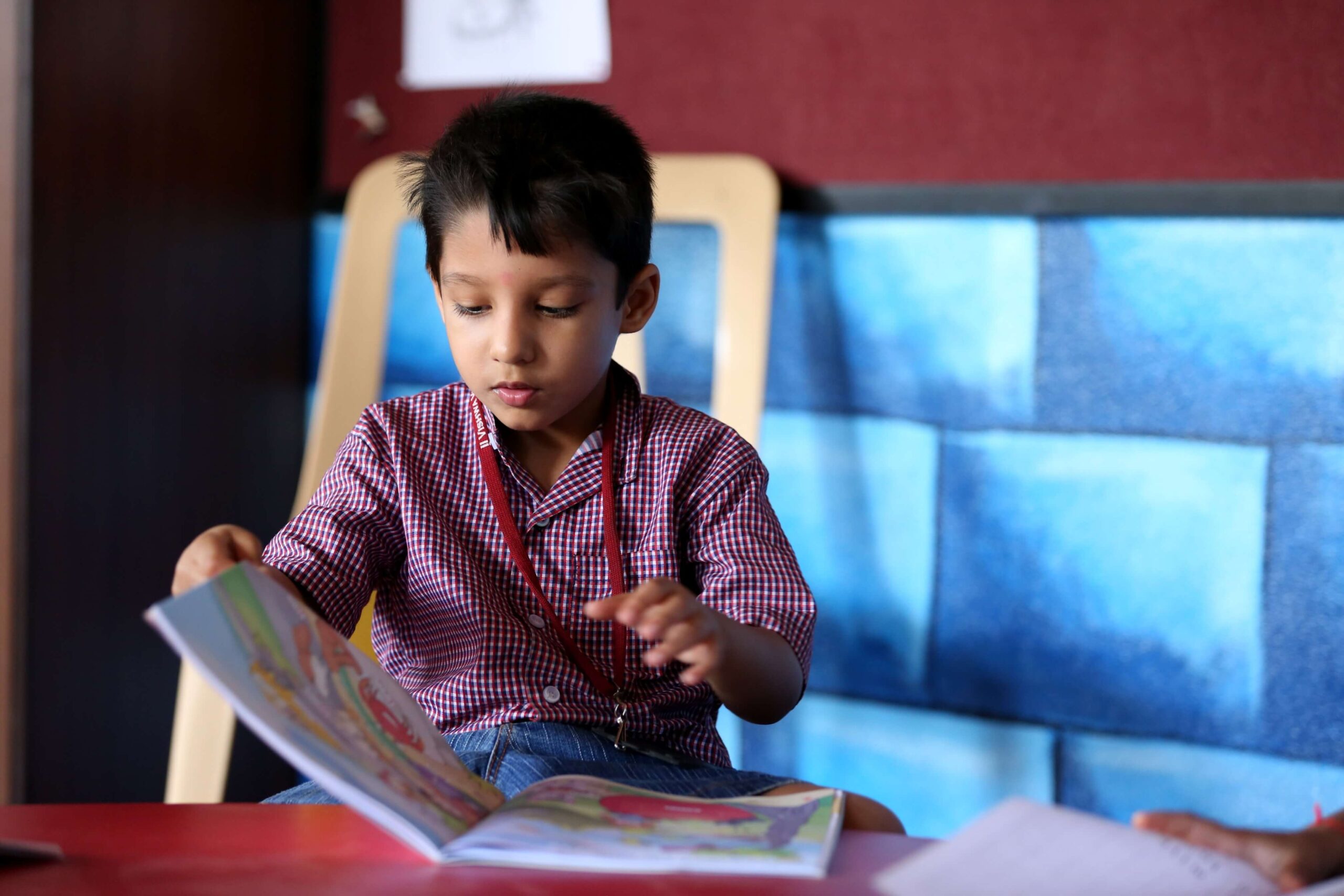
Therefore, we focus more on Joy by engaging them in activities that bring smiles to their face. For young children, some great ways to get endorphins flowing and bring happiness are through music, movement, brain gym, and outdoor playtime which we involve in our daily routine.
We establish a very fearless, loving, and caring environment in which the child feels safe and secure and establishes trusting relationships. Showing warmth and affection consistently by displaying a pleasant facial expression, using an appropriate tone of voice, communicating at the child’s eye level, and sharing loving comments help establish trust and promote a child’s social-emotional well-being.
We teach social-emotional skills by using children’s books, planning lessons on topics such as emotions and Courtesy, and implementing coaching through the modeling of appropriate behaviors.
Teachers take utmost care of how to respond to the child’s emotions and behaviour. Follow learned Montessori principles and actions. Fostering a child’s independence will develop a strong sense of self and will help them when dealing with negative emotions.
Each of the strategies above helps maintain happy, healthy relationships with young children and in supporting their mental health.
Cherished Moments, Caring Spaces: Elevating the Day Care Experience
Day Care

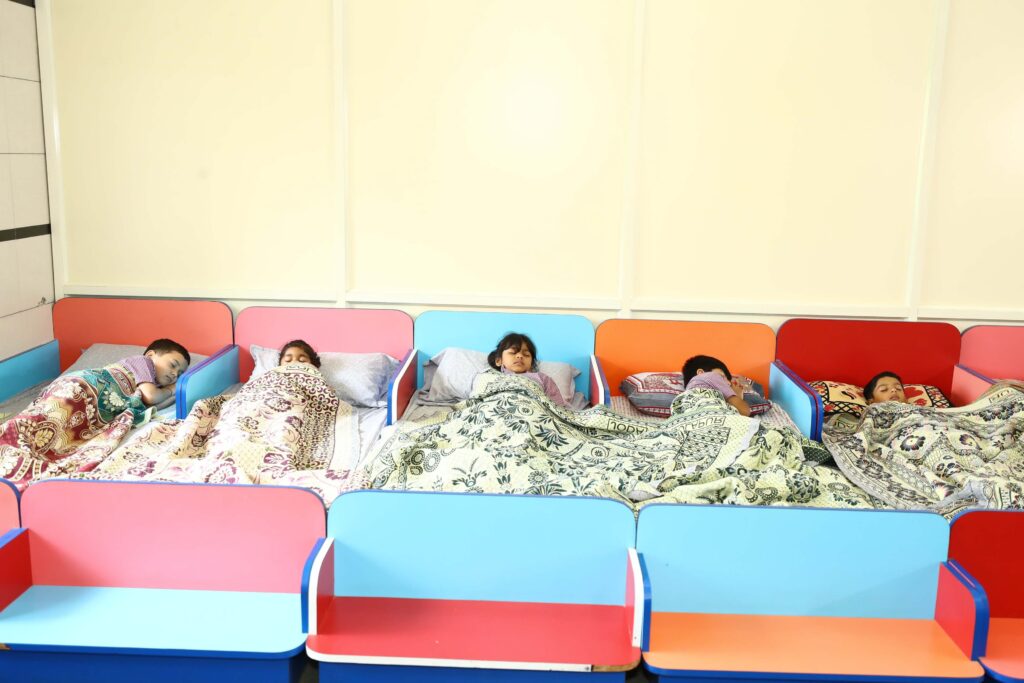

Solve Problem And Learn More



